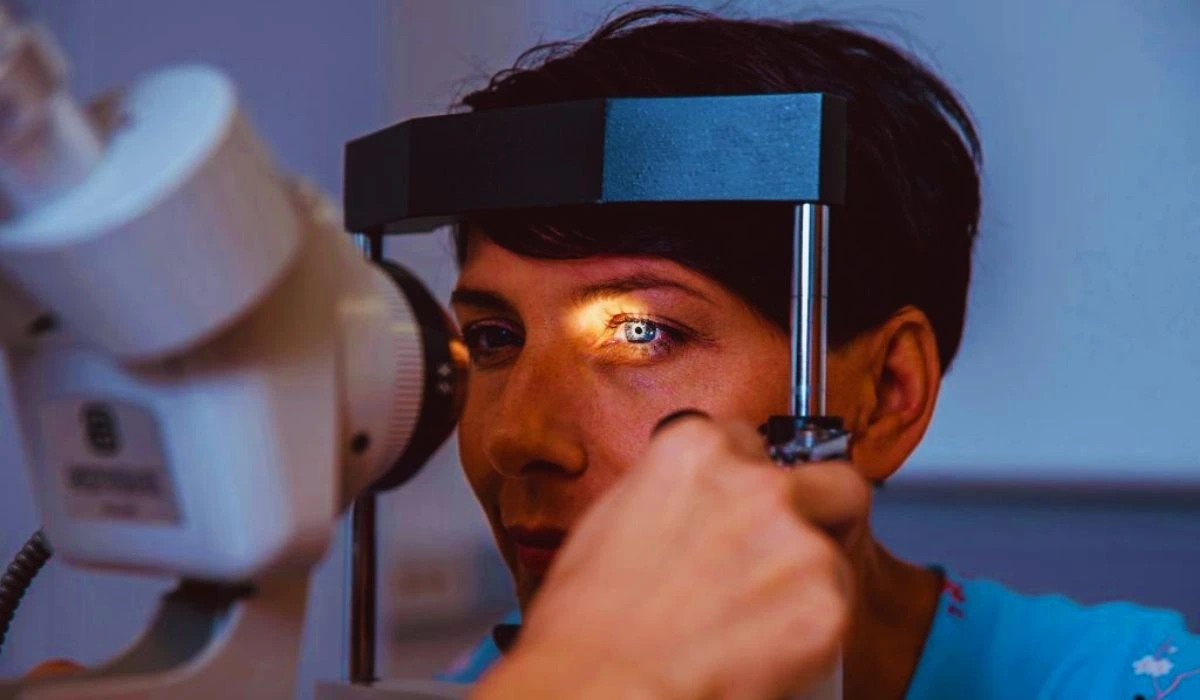Glaucoma is a group of eye conditions that damage the optic nerve, which is responsible for carrying visual information from the eye to the brain. It is often associated with increased fluid pressure inside the eye or intraocular pressure (IOP). Glaucoma surgery aims to lower IOP and prevent further vision loss. However, in some cases, vision loss can occur even after glaucoma surgery. This article will discuss the reasons for vision loss after glaucoma surgery and ways to prevent it.
What Is Glaucoma?
Glaucoma is the second leading cause of blindness worldwide. It is estimated that around 64.3 million people had glaucoma in 2013. This number is expected to increase to 111.8 million by 2040 as populations age. Glaucoma is commonly divided into two main types – open-angle glaucoma and angle-closure glaucoma.

Open-angle glaucoma is the more common type and happens when the eye’s drainage angle is open but the drainage pathways get blocked over time. Angle-closure glaucoma occurs when the drainage angle gets completely blocked. Other types include normal-tension glaucoma, congenital glaucoma, and secondary glaucoma.
Do Glaucoma Surgeries Cause Vision Loss?
Glaucoma surgery like trabeculectomy aims to create an alternate passage to drain the fluid and reduce IOP. The surgery is often successful in lowering IOP and preventing further vision loss. However, in some cases, vision loss can occur after glaucoma surgery due to various reasons:
- Bleeding – During or after surgery, bleeding inside the eye can sometimes block the surgeon’s view, increasing surgical trauma and chances of vision loss.
- Infection – Improper sterile techniques during surgery can introduce infections inside the eye leading to endophthalmitis (inflammation) and vision loss.
- Wound leak – The operated site may start leaking and cause low eye pressure (hypotony), which can reduce oxygen supply and damage the optic nerve.
- Scarring – Excessive healing response and scarring at the surgery site can block drainage leading to surgical failure and vision loss.
- Progression of glaucoma damage – If glaucoma is detected very late, surgery may not be able to reverse the extensive damage that has already occurred to the optic nerve.
How To Prevent Vision Loss After Glaucoma Surgery?
To maximize successful outcomes, certain precautions should be taken before and after surgery:
- Early detection and treatment – Glaucoma diagnosis at an early stage and timely surgery before extensive damage can significantly improve results. Regular eye exams are a must for high-risk groups.
- Minimize surgical trauma – Advanced micro-invasive glaucoma procedures like iStent, and Hydrus stents cause less trauma and faster healing compared to conventional surgery.
- Controlled postoperative care – Following a proper medication regimen, eye protection, and activity restrictions in the postoperative period can prevent complications.
- Lifelong monitoring – Regular lifelong follow-ups after surgery are crucial to monitor IOP spikes or scarring issues to prevent optic nerve damage.
- Regulation of other factors – Tight control of factors like diabetes, hypertension, and high myopia which increase glaucoma risk is also important.
Conclusion
Glaucoma surgery is highly effective in halting disease progression and vision loss in a majority of patients. However, a small subset of patients may continue to lose vision over time even after surgery due to various reasons.
Following proper preoperative assessment, minimally invasive procedures, meticulous surgery protocols, and lifelong postoperative monitoring can help reduce adverse outcomes. Patients should adhere to all medical advice and follow-up visits as advised. With a multi-disciplinary approach, the chances of vision loss can be minimized after glaucoma surgery.
FAQ
A1. Yes, like any surgery, glaucoma surgery also carries a small risk of complications like infection, bleeding, scarring, eye pressure fluctuations, loss of vision, etc. Proper surgical protocols help minimize adverse events.
A2. If glaucoma damage is detected early and surgery lowers eye pressure before extensive optic nerve damage, vision loss can be stopped and even reversed partially. But advanced glaucoma damage cannot be reversed.
A3. Lifelong monitoring every 3-6 months is recommended after glaucoma surgery to watch for any issues and prevent further vision loss. Frequency is higher in the initial 2 years.
A4. Non-compliance with prescribed medications, skipping follow-ups, trauma to the operated eye, uncontrolled diabetes or hypertension, and progression of glaucoma damage are factors that can accelerate vision loss after surgery.
A5. Those diagnosed in late stages, with exceptionally high eye pressure, secondary glaucoma, other eye conditions, or systemic diseases are at higher risk for vision loss despite glaucoma surgery and treatment.

